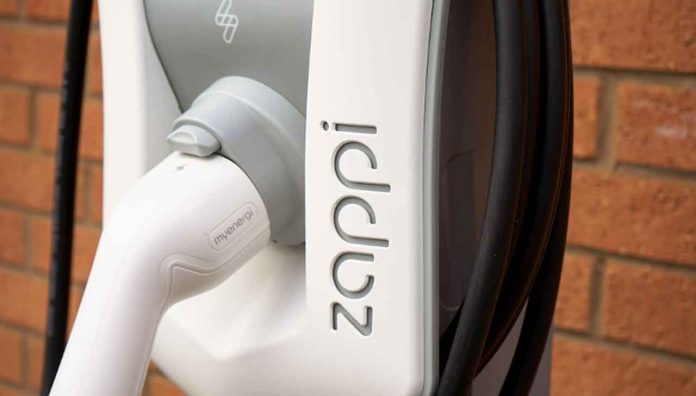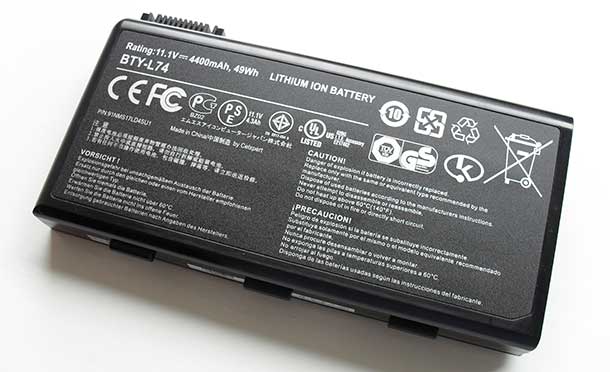The electric revolution has been threatening to make good on its promise to completely replace petrol and diesel for a while now but, a few notable setbacks aside, it looks as though we’re finally about to cross the finish line. Well, in about 30 years anyway.
Electric Vehicle Growth Projections
According to the International Energy Agency (IEA), the adoption of EVs is on a steady rise globally, and the UK is no exception. The government’s commitment to phasing out internal combustion engine (ICE) vehicles by 2030 has been a driving force behind this shift, even with the recent about-face announcements from Rishi Sunak.
With more manufacturers introducing a wider range of EV models representing all budgets (not just the luxury market), the future of electric cars is becoming increasingly promising for consumers, whether they’re looking at fully electric cars or plug-in hybrids. EV ownership has never been more accessible and practical and it’s only going to get more accessible in the years to come.
The Future of Electric Cars
Electric cars might be eco-friendly marvels but there’s more to them than just emission reduction; these cars represent the cream of the crop when it comes to technology and design, with some of the most widely awarded cars of the last decade being classed as either hybrid or electric cars. Electric vehicles are no longer just eco-friendly alternatives for green fingered rich people; they are slowly but surely becoming a legitimate mainstream choice.
Manufacturers are investing heavily in research and development to improve battery technology, charging infrastructure, and (crucially) driving range. As battery technology continues to evolve, we can expect longer ranges and shorter charging times, making EVs even more convenient for everyday use. The day when electric car users can hit the motorway without the panic of running out of juice halfway down the M6 is nearly behind us!
Sustainability of Electric Cars
One of the most significant advantages of electric cars is their contribution to sustainability. EVs are not only cleaner on the road but also offer significant reductions in carbon emissions when considering the entire lifecycle of the vehicle.
The shift toward sustainable energy sources, such as wind and solar power, for generating electricity further enhances the green credentials of electric vehicles as charging your EV at home or at charging stations powered by renewable energy sources significantly reduces your carbon footprint.
Don’t Forget the MOT
As more people than ever embrace the power, convenience and undeniable cool of the electric car, remember that even electric cars need to pass an annual MOT to ensure they’re roadworthy so set a reminder to book your MOT online every year. Thankfully, however, as they’re based on newer technology, they’re a lot easier (and faster) to test!







